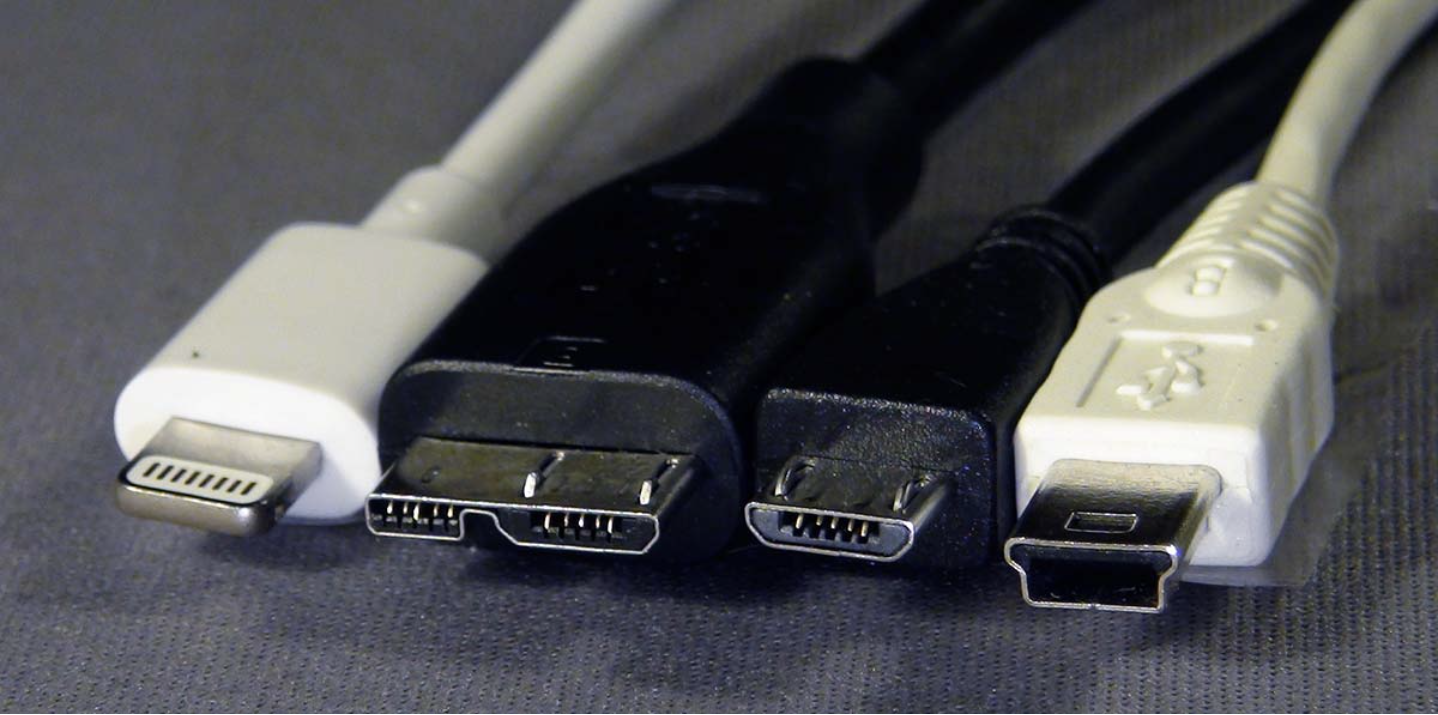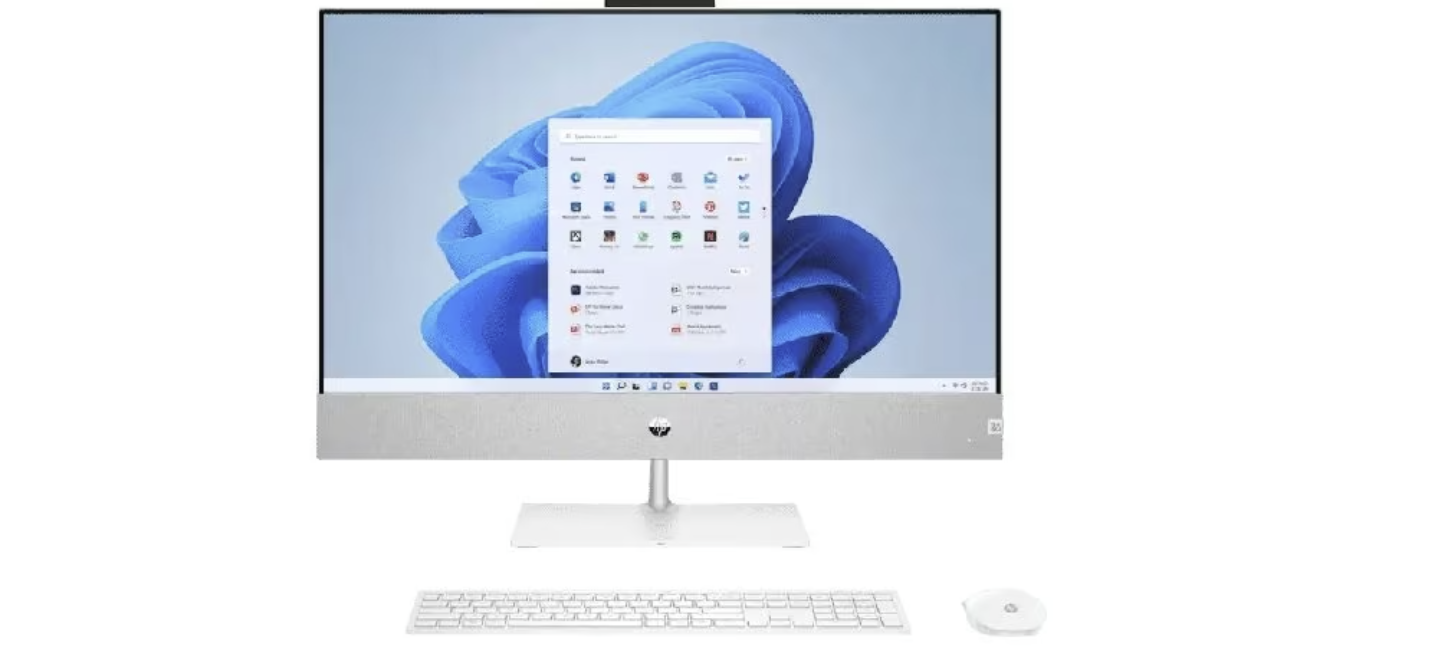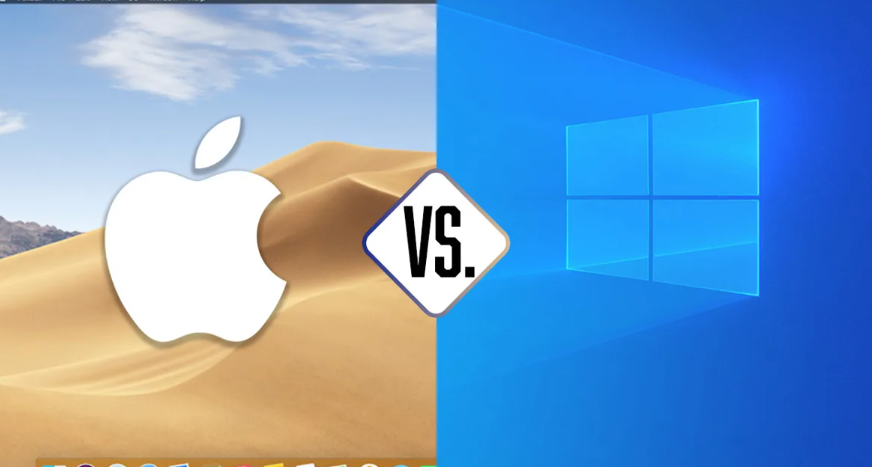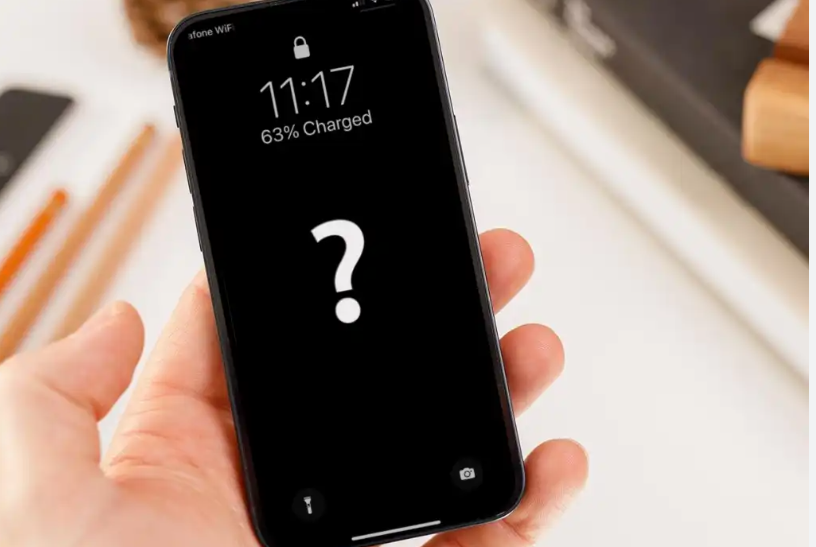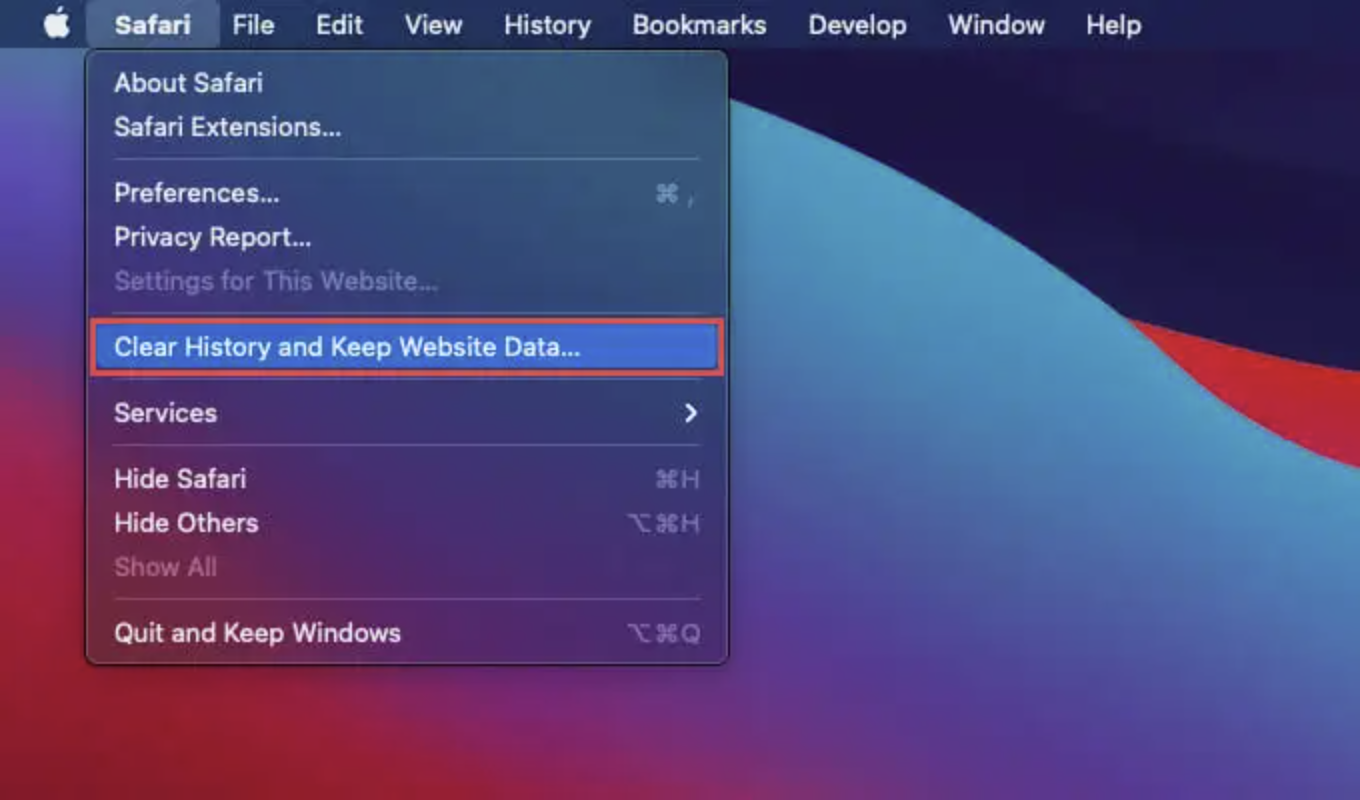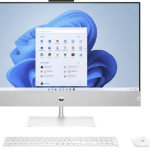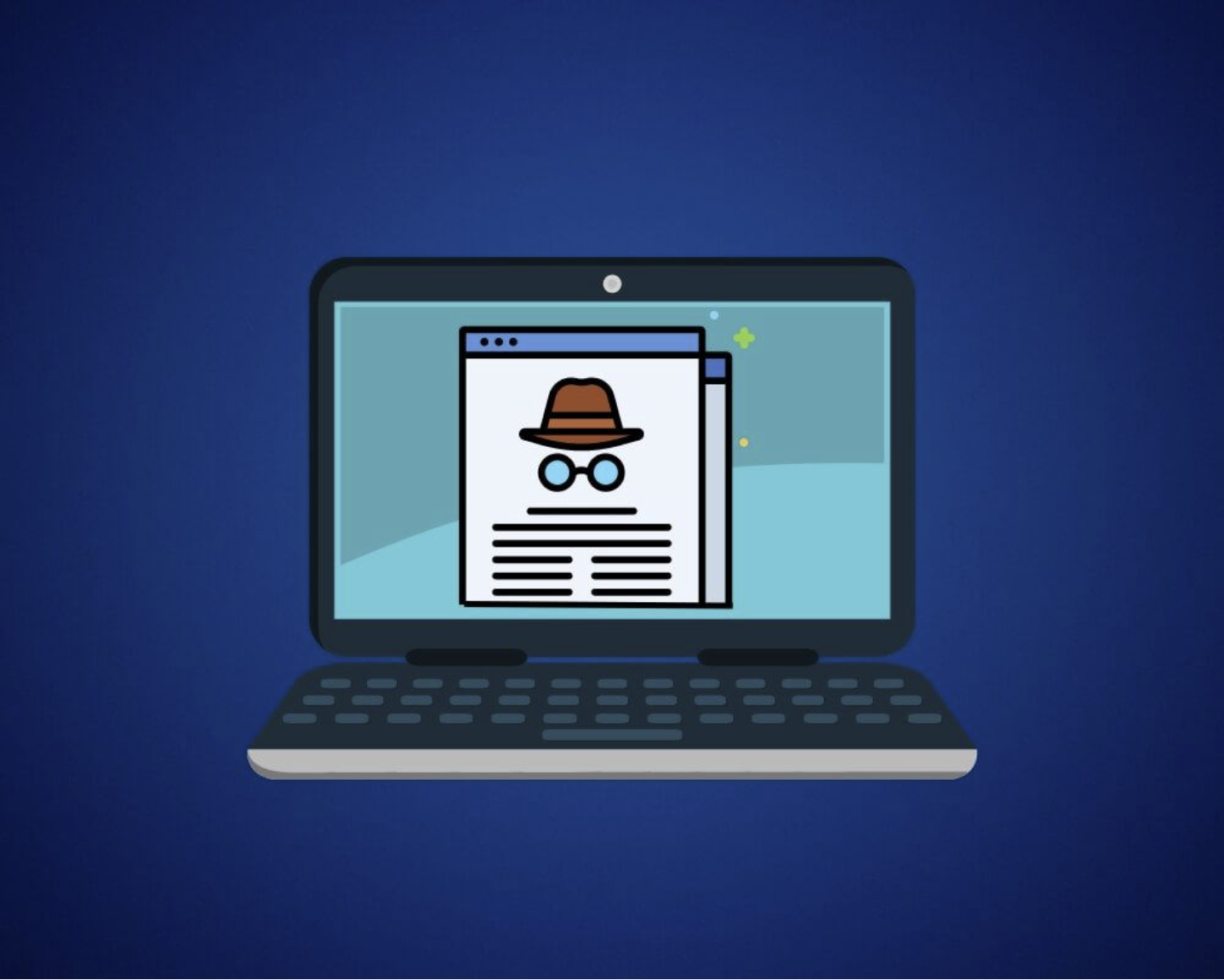
In recent years, Incognito mode has become a popular feature in most browsers. Often referred to as “private browsing,” many people mistakenly believe it ensures complete anonymity and protects them from being tracked. However, this mode has its limitations, and it’s important to understand what it actually does and doesn’t do.
What Does Incognito Mode Do?
When you open an Incognito window, it creates a special browsing session where your history, cookies, and other browsing data are erased once the session ends or the window is closed. This means that if someone else uses the same device later, they won’t see your browsing history from that session. Essentially, Incognito mode is designed to protect your privacy from others who may use the same device, not necessarily to provide complete anonymity online.
In some cases, Incognito mode can prevent cookies from the main browsing session from being used in the private session. Cookies are small files that help improve your browsing experience, like saving passwords for automatic login. However, cookies can also be used by advertisers to track your online behavior and build detailed profiles. While Incognito mode may limit this, it doesn’t completely stop advertisers from tracking you.
The Benefits of Cookie Separation
One advantage of keeping cookies separate in Incognito mode is that it allows you to log into multiple accounts at once. It can also help you bypass paywalls on some websites. Paywalls limit the number of pages you can view for free before asking you to sign up or pay for access. In some cases, Incognito mode can trick these websites into thinking you haven’t hit your browsing limit yet.
What Incognito Mode Can’t Do
Despite its name, Incognito mode doesn’t make you invisible online. For example, your browsing activity is still visible to your Internet Service Provider (ISP) or any network administrator, such as your employer or school. This means that even though your browser won’t save your history, your online actions can still be monitored at the network level.
Another common misunderstanding is that logging into a site in Incognito mode will prevent that site from tracking your activity. For example, some people believe that if they’re logged into their Google account, their searches won’t be saved. However, Google can still track those searches even if they don’t appear in your browser history.
A more concerning misconception is that Incognito mode protects against viruses and malware. Some people assume that because Incognito deletes your download history when the session ends, any files you downloaded are also erased. However, the files themselves remain on your computer. If you accidentally download a malicious file, closing your Incognito session won’t remove it, and it could still infect your system.
Additionally, if your computer is infected with malware that monitors network traffic, it can still track your activity, even if you’re using Incognito mode. That’s why it’s crucial to use good security software from a reputable provider, such as X-Tech Buy, even when browsing privately.
Other misconceptions include believing that Incognito mode prevents bookmarks from being saved, or that it hides your location. In reality, Incognito mode doesn’t erase any bookmarks, and your IP address (which can be used to track your location) is still visible.
Conclusion
Incognito mode can provide some privacy, but it’s far from foolproof. It’s important to understand its limitations and not rely on it for complete online anonymity. Many browsers, like Chrome, provide a brief explanation of Incognito mode’s limitations when you open a new private window, but it’s ultimately up to the user to be aware of these boundaries.
If you’re looking for more privacy, consider using a Virtual Private Network (VPN), which can help mask your activity from network administrators. However, using a VPN requires some time and investment to find the right product for your needs. Alternatively, you can disable JavaScript in your browser, though this may significantly degrade your browsing experience.
To truly safeguard your privacy online, practicing responsible browsing and consulting cybersecurity experts is always a good idea.


